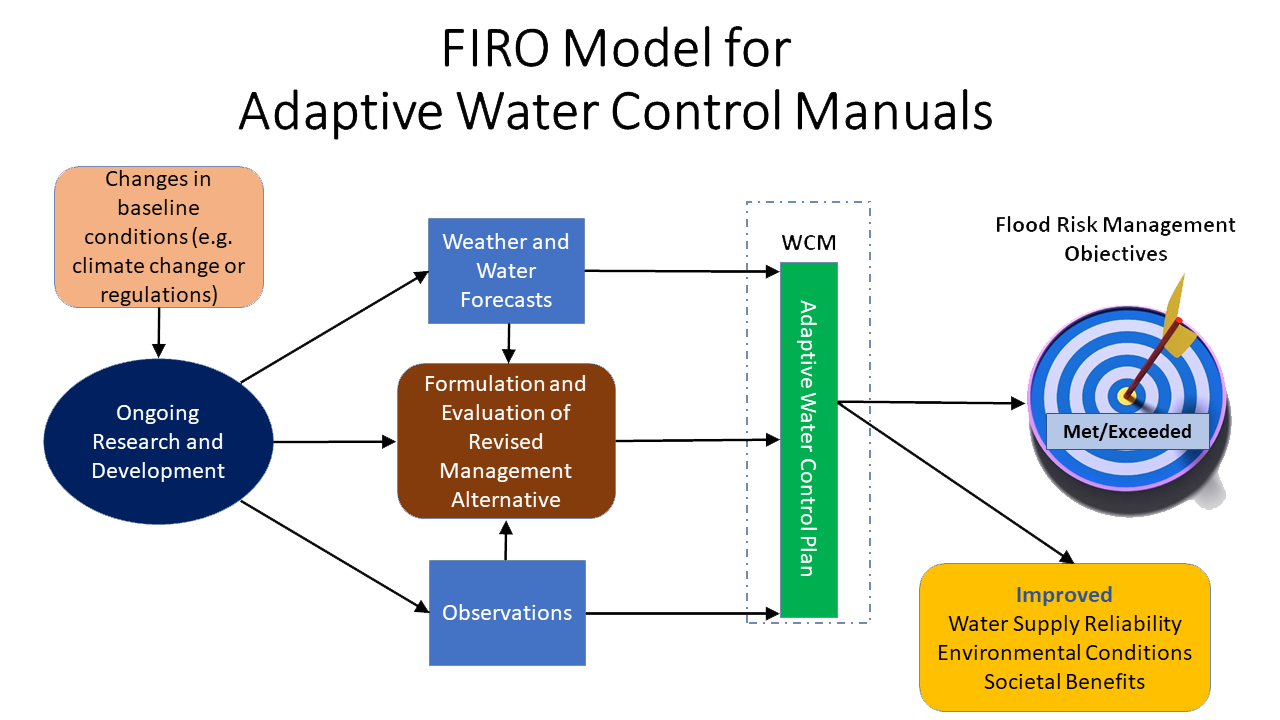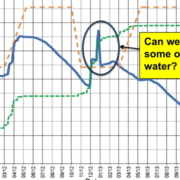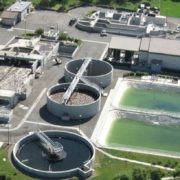New California Law Taps Science to Improve Water Management
Legislation signed into law by California Governor Gavin Newsom ensures the state has the science and weather forecasting tools it needs for more flexible reservoir operations. The bill, AB 30, makes breakthrough water management technology standard for the California Department of Water Resources.
The legislation was introduced by San Diego Assemblymember Chris Ward and co-sponsored by the Sonoma County Water Agency and the San Diego County Water Authority. The bill was supported by the Water Authority’s partner, UC San Diego’s Scripps Institution of Oceanography.
The strategy is called forecast-informed reservoir operations, or FIRO, and it complements Gov. Newsom’s California Water Supply strategy released in August 2022 calling for more reservoir storage capacity to capture runoff from big storms, often fueled by atmospheric rivers. The governor and Legislature have already provided funding for state water managers to integrate the strategy.

Diagram illustrating the FIRO process to develop an adaptive water control manual. Graphic courtesy Scripps Institution of Oceanography Center for Western Weather and Water Extremes





